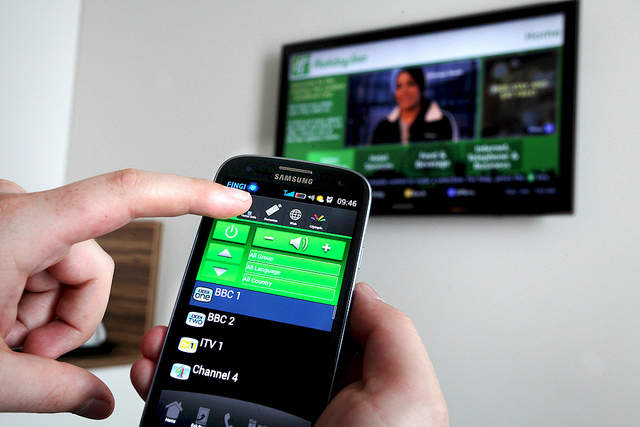
One month from now, Samsung will be banned from selling certain smartphones in the US. The phones involved are so old, however, that the legal order will not affect the marketplace in a meaningful way.
The injunction by US District Judge Lucy Koh is part of the long-running Apple v. Samsung lawsuits, which began nearly five years ago. In the second lawsuit, a jury awarded Apple $120 million, but Koh didn't grant an injunction against Samsung's infringing phones. Last September, she was overturned by the Federal Circuit.
Yesterday, Koh entered the injunction order (PDF) as the higher court mandated. Still, the banned phones and features are fairly irrelevant to the Samsung of today.
Samsung has several phones, including the Galaxy S II and S III, that were found to infringe a "data detection/linking feature," or the "quick links" patent. That patent expires on February 1, 2016. Since there's a 30-day grace period before Samsung must put the injunction in effect, the company can safely ignore the "quick links" patent.
Next up is the "slide to unlock" patent. Only three Samsung phones were found to have used "slide to unlock" in a way that infringed the Apple patent, and Samsung no longer uses that unlocking system in any case.
Finally, the autocorrect patent is the one place where Samsung will likely try a design-around. But again, it's only for older phones, like the Admire, Galaxy Nexus, and Galaxy S II.
There are places that continue to sell these old phones today. For example, Best Buy sells versions of the Galaxy S III and Galaxy S II that were found to infringe Apple patents. But these products hardly matter to Samsung anymore.
Mainly, the injunction at this point just provides bragging rights for Apple. The case proves that one can use patents to force a competitor to remove features. But if future high-tech patent disputes are resolved on similar time frames to the Apple v. Samsung litigation—and there's no reason to think they won't be—it's hard to imagine injunctions becoming a go-to weapon to wield against competitors.
While it may not impact their customers, Samsung made it known that it's none too pleased with how far Apple has gotten in its scorched-earth legal battle.
"We are very disappointed," a Samsung spokesperson told Bloomberg's South Korea bureau in a statement. "While this will not impact American consumers, it is another example of Apple abusing the judicial system to create bad legal precedent, which can harm consumer choice for generations to come."
reader comments
135